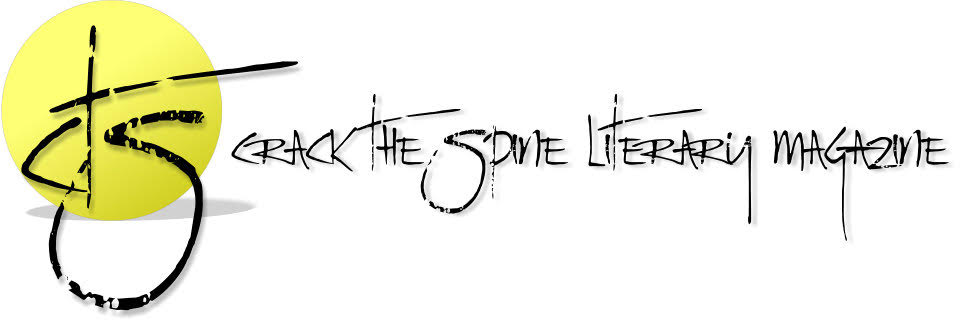Suzanne after the Leonard Cohen song (I know, I know), Marie because that’s a Good Catholic Girl middle name. “Suke” is my chosen name.
Age: I have shoes older than most of the people reading this.
Location: Iowa City, IA (Home of The Iowa Writers Workshop, and an UNESCO City of Literature)
Education: BA in International Studies, and Slavic and East Asian Languages and Literature. MFA in Nonfiction Writing (both from the University of Iowa). Also, Life.
The Writer
How long have you been writing?
I think a better question might be: Who did you plagiarize as a child? That would be Carolyn Keene, Rudyard Kipling, J.R.R. Tolkien, Shel Silverstein, and everyone who contributed to that 70s science fiction anthology Tomorrow’s Children (loved it, scared the bejeezus out of me).
Do you write full-time?
I did that once and almost lost my ever-loving mind, being by myself all day long. And I’m an introvert. I don’t like people, but I need to get out and look at some every once in a while.
Do you have a specific writing style?
Yes, but I sometimes make a conscious decision not to use it, like I am practicing another language. My writing is at its best when I’m in conversational mode—the reader and I are a couple of old friends catching up over a beer, or the reader is someone I’m trying to pick up at a biker bar. Or something. But it’s good for me to push the boundaries and experiment with more formal “voices”— to take off the Converse sneakers and put on the Louboutins, as it were.
The Work
Tell us about your work in Crack the Spine.
“Iowa City” is about the small things we throw into the face of death.
How long did it take you to complete this piece?
Hours. Weeks. Months. Poems are a long, stuttering process for me.
Any other projects you are currently working on?
I wrote a series of feminist-themed, autobiographical “performance essays” for my master’s thesis (Love, Sex, Shoes)—several of which, with the generous help of some amazing local theatre artists, were reconstructed and reformed into a functioning play. Years later, I remain proud of the work we did and the performance we created. It reshaped my entire concept of what makes a text “complete,” as well as my ideas concerning what a text is and its potential to be more than words on a page.
The Methods
How often do you write?
Almost never—an idea has to grab me by the throat and shake me hard to get me to sit down and write it. Graduate school beat the love out of me (not to say I didn’t learn a great deal about writing there, because I did), but it is slowly, slowly, slowly coming back. Returning to poetry has been crucial to the whole “relearning my love of writing” process.
Where do you write?
At my kitchen counter. All my best writing happens in the kitchen.
What time of day or night makes you most productive as a writer?
Between 2 and 4 a.m. I can only think when the world around me is very still.
How do you react to editorial rejections of your work?
I edit the rejected text and send it out again. This, I believe, is the only way to get published—it always takes a few rejections before a text finds an at least ostensible “final” form. I shoot for one hundred rejections a year (I never make it).
The Madness
What is your favorite book?
Little, Big by John Crowley. Back in the 80s I was browsing the shelves at a small bookstore in Portland, Maine, and, out of the blue, one of the staff walked up to me with the old pink mass-market version in his hands and said, ‘I think you need to read this.” He was right.
What is the greatest occupational hazard for a writer?
Laziness. Adverbs. Also, double-spacing after a period. And possibly menopause.
Who would play you in the film of your life?
Jennifer Lawrence.
What makes you cry?
Watching anyone doing anything they love with great joy.
What is the most beautiful thing you have ever seen?
My son.
Rain or sunshine?
Snow.
“No thanks” or “I’ll have another”?
I’ll have another.
Cats or dogs?
Ferrets.
